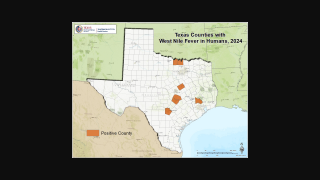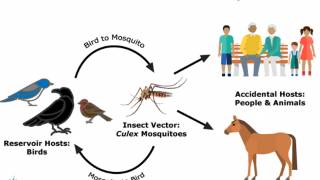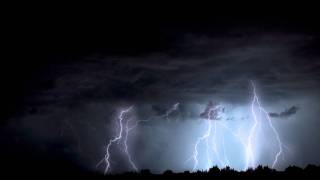Dallas Reports 1st Death From West Nile Virus During 2018

The West Nile virus continues to spread throughout the USA and has claimed its 35th life in 2018.
Dallas County Health and Human Services (DCHHS) is reporting the 9th human case of West Nile Virus (WNV) infection in Dallas County, during 2018.
Additionally, DCHHS announced the confirmation of the 1st West Nile related death of 2018.
WNV is a disease that is spread to humans from mosquitoes who become infected when they feed on infected birds. The infected mosquitoes can then transmit WNV to humans.
During 2018, DCHHS said mosquito samples have tested positive for WNV in the cities of Addison, Balch Springs, Carrollton, Cedar Hill, Coppell, Dallas, Desoto, Duncanville, Farmers Branch, Garland, Glenn Heights, Highland Park, Irving, Mesquite, Richardson, Rowlett, Sachse, Seagoville, and University Park.
“Controlling an epidemic of WNV infection calls upon residents to take preventative measures to reduce exposure,” said Ganesh Shivaramaiyer, DCHHS interim director.
As of September 18, 2018, a total of 47 states have reported 1,077 West Nile virus cases in people to the Centers for Disease Control and Prevention (CDC).
There is no vaccine or specific treatment for WNV. But, HydroVax-001 is a vaccine candidate in an active phase 1 clinical trial.
The best way to avoid exposure to West Nile virus is to avoid mosquito bites. People should use the 4Ds to reduce their risk:
- DEET: All Day, Every Day: Whenever you’re outside, use insect repellents that contain DEET or other EPA approved repellents and follow instructions,
- Dress: Wear long, loose, and light-colored clothing outside,
- Drain: Drain or treat all standing water in and around your home or workplace,
- Dusk & Dawn: Limit outdoor activities during dusk and dawn when mosquitoes are most active.
Click here for more information on Dallas area mosquito prevention.
Our Trust Standards: Medical Advisory Committee

























